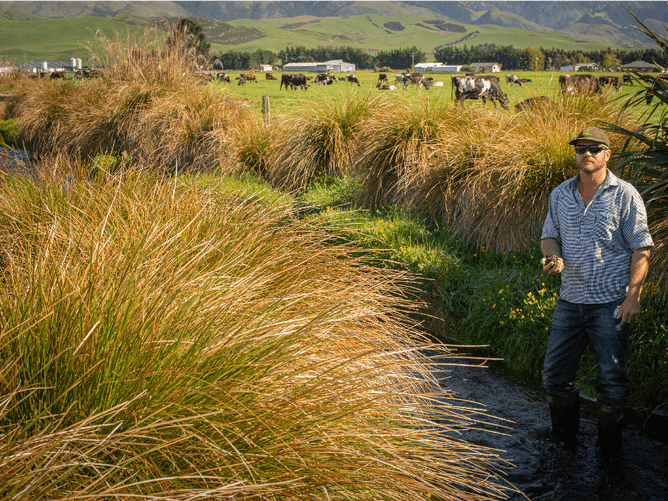The Managing Director of agribusiness consulting firm, Perrin Ag, says farmers need certainty about the tools regional councils will use to estimate on-farm nutrient loss, consider and grant resource consents, and assess compliance.
Lee Matheson’s caution comes on the back of the Government’s report on Overseer, released yesterday (12 August 2021).
“It is clear that the Scientific Review Panel has identified a number of issues with Overseer that it considers significant and the Government has committed to addressing these,” he says.
“Perrin Ag will continue to work proactively with farmers, regional councils and Government to help develop practical and workable solutions to the issues.
“We hope that the concerns raised in the Government’s review of Overseer can be addressed so that the industry can stay the course with its current effects-based approach to sustainably manage farming’s environmental impacts and keep innovating as the science evolves.”
Matheson says predictive measurement tools like Overseer, which enable the environmental impacts of farming systems to be managed based on the effect of individual management practices, are the most valuable and significantly better than equivalent input-control based alternatives.
“Our team has always favoured the use of models, like Overseer, that allow communities to take an effects-based approach to environmental management. For example, allowing farmers flexibility with farm management decisions as long as they achieve prescribed environmental outcomes, like reduced nitrogen loss. We believe this is more efficient than trying to achieve the same outcomes through blanket limits or controls on farm inputs, such as supplements, stock numbers or fertiliser.
“Effects-based approaches enable innovation and allow farmers and scientists to find the most efficient way to achieve environmental objectives. Input controls, run the risk of being blunt instruments that don’t address the specific issues causing contaminant loss on an individual farm.
“Our priority is to do what is in the best interests of New Zealand Inc. by helping farms meet their environmental and social obligations, while also remaining sustainable farm businesses.”
